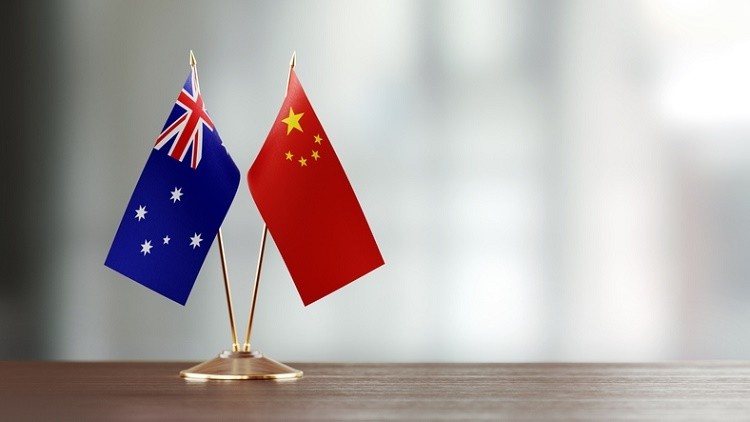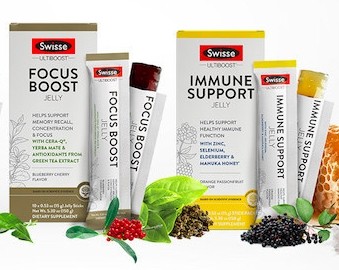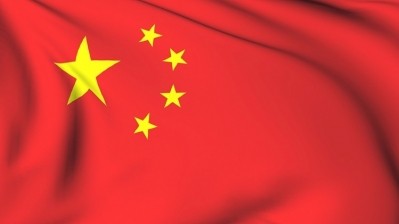Nutrition and Health China Industry Summit 2019
Swisse and BioIsland lead the pack for brands imported to China as Australia secures number one status

Director of CCCMPHIE, Zhang Zhong Peng, revealed the figures when presenting at the Nutrition and Health China Industry Summit held in Shanghai yesterday (Jun 17).
Since year 2014, the US had maintained the number one dietary supplements importer to China.
However, with Australian companies actively wooing Chinese consumers via cross-border e-commerce, alongside greater brand recognition, the country has now toppled the US from the number one spot.
The ongoing trade war between the US and China is likely to help cement Australia’s position at the head of the pack.
Last year, 22.3% of dietary supplements imported to China came from Australia, while 20.4% came from the US.
Zhang noted that there was “a positive growth between China and the US, but the speed of growth from Australia was faster.”
Australia registered about 60.8% yoy growth in terms of supplements exported to China, while the US was lower at about 39.6%.
This development came as a surprise to Zhang, who admitted that “it was difficult to expect that Australia will take the top spot five years ago,” since the country was ranked 16th at that point in time, importing only US$13m worth of dietary supplements to China.
The turning point came in year 2015 and 2016, when imports shot up by 821.8% and 89.8% respectively, effectively pushing Australia to the 6th and 2nd spot.
The other top five exporting countries are Germany at 9.2%, Thailand at 5.9%, and Indonesia at 5.3%.
The prominence of Australian brands is also reflected in the list of top 10 most imported supplement brands, with Swisse and BioIsland earning the top two spots, while US’s Amway Nutrilite and Double X , Doppelherz from Germany, and Schiff’s Move Free, also from the US, took the 3rd, 4th, and 5th place.
On the other hand, bird-nest related supplements are the main products that China imports from Thailand and Indonesia.
Swisse was founded in Australia but is now owned by Hong Kong-listed Health and Happiness. However, the brand remains headquartered in Melbourne. Bioisland, on the other hand, is based in Sydney.
Including dietary supplements and special medical foods, China’s health food market is estimated to worth RMB$700bn.
Main imports
Exclusive data from CCCHMPIE showed that vitamins made up the bulk of China’s health foods imports.
Last year, vitamins which were imported into China via food tariff and medicine tariff route were worth US$203m and US$296m respectively.
This is followed by cubilose at US$240m, fish oil – including DHA, EPA, and fish oil powder at US$187m, calcium products at US$169m, and glucosamine and chondroitin at US$106m.
Probiotics, a much talked about topic in China, is the 6th most imported product, with an import value of US$96m.
Zhang noted that fish oil supplements for children were “growing in popularity” and that the statistics have shown that “the market has not satisfied the demand for children’s nutrition supplement.”
Key regions
Guangdong was the biggest health foods end-product importer amongst all Chinese province, Tianjin was fastest growing in terms of import amounts, while capital city Beijing saw a negative yoy growth last year.
Overall, Guangdong was responsible for 25.7% of all health foods imports, importing US$773m of health foods last year, which is a 59.2% yoy growth.
Zhejiang and Shanghai took the 2nd and 3rd spot, importing US$739m and US$629m worth of health foods, registering a yoy growth of 50.5% and 27.5%.
Although Tianjin took the 7th spot, it was the region that saw the greatest growth with a yoy growth of 310.5%, which amounted to an import value of US$103m.
In contrast, Beijing saw a yoy decline of 11.9%, along with Henan and Jiangsu provinces, where yoy imports also dropped 16.5% and 20.1%.



















